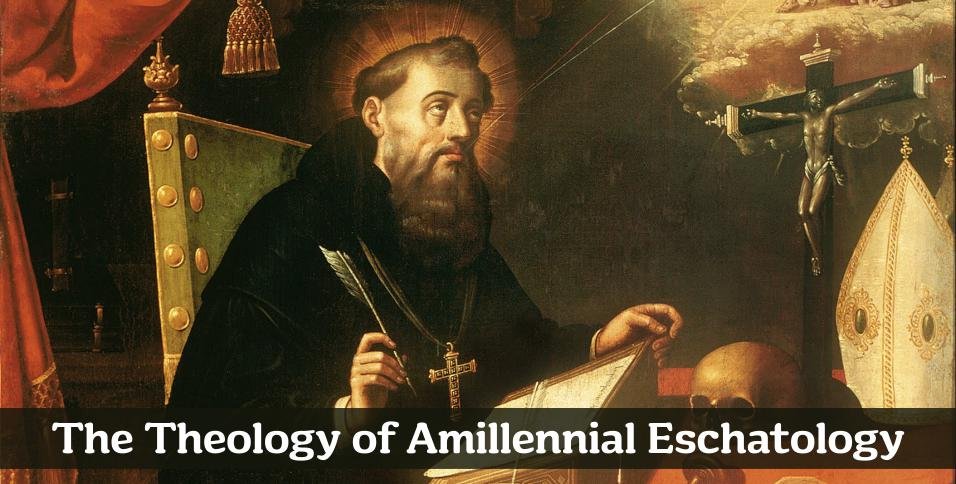Eschatology, the study of end times, has long been a topic of fascination and debate within Christian theology. Among the various interpretations, amillennial eschatology offers a unique perspective on the end times that contrasts with the more commonly discussed premillennial and post millennial views. Understanding amillennial eschatology can provide valuable insights into how many Christians interpret biblical prophecy and view the culmination of history.
Biblical Basis for Amillennialism
Amillennialists find support for their view in various biblical passages that emphasize the present reign of Christ. For instance, Ephesians 1:20-23 speaks of Christ being seated at the right hand of God, reigning over all things for the church. Similarly, Colossians 1:13-14 describes believers as having been transferred to the kingdom of Christ, indicating that his kingdom is already in effect.
Revelation 20:1-6, a key passage for millennial debates, is interpreted symbolically by amillennialists. They view the binding of Satan as representing the restriction of his power during the church age, allowing the gospel to spread. The “first resurrection” is seen as the spiritual resurrection, or regeneration, of believers, and the thousand years is understood as a symbolic period of completeness rather than a literal timeframe.
Key Beliefs of Amillennial Eschatology
One central tenet of amillennial eschatology is the already/not yet aspect of the kingdom of God. While Christ’s kingdom is already present and active through the church, its fullness and ultimate consummation are not yet realized. This tension between the present reality and future fulfillment is a hallmark of amillennial thought.
Another significant belief is the nature of the tribulation. Amillennialists generally hold that the tribulation is not a future event but an ongoing reality that the church experiences throughout history. They see the suffering, persecution, and trials faced by believers as part of the tribulation that precedes Christ’s return.
The Return of Christ and Final Judgment
In amillennial eschatology, the second coming of Christ is a singular, climactic event. Unlike premillennialism, which posits a separate rapture and second coming, or postmillennialism, which expects a golden age before Christ’s return, amillennialists believe that Christ will return at the end of the church age to usher in the final judgment and the new heavens and new earth.
At Christ’s return, the dead will be resurrected, and all will face judgment. Believers will enter eternal life, while unbelievers will face eternal punishment. This event marks the definitive end of history and the beginning of the eternal state.
The Role of the Church
Amillennial eschatology places significant emphasis on the role of the church in the present age. The church is seen as the primary agent of God’s kingdom on earth, tasked with spreading the gospel, making disciples, and living out the values of the kingdom. This view encourages believers to engage actively in their faith and in the world, working for justice, peace, and the common good.
The sacraments, particularly the Eucharist, hold special importance in amillennial thought as they represent the means by which believers participate in the present reality of Christ’s kingdom. Through worship, service, and community, the church embodies the kingdom of God in the here and now.
The theology of amillennial eschatology offers a compelling and balanced view of the end times, focusing on the present reality of Christ’s reign and the future hope of his return. By interpreting the millennium symbolically, amillennialism provides a framework for understanding the complexities of biblical prophecy and the ongoing mission of the church. Whether or not one fully embraces this perspective, exploring amillennial eschatology can deepen one’s appreciation for the diverse ways Christians have sought to understand God’s plan for the culmination of history.
Also Read: The Role of International Courts and Tribunals in International Criminal Law










